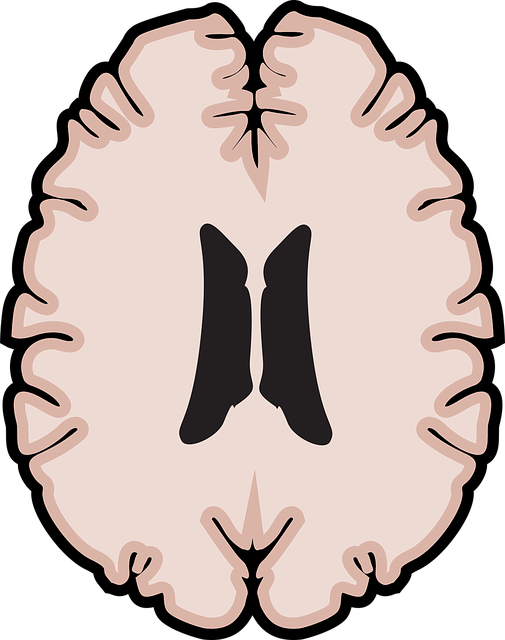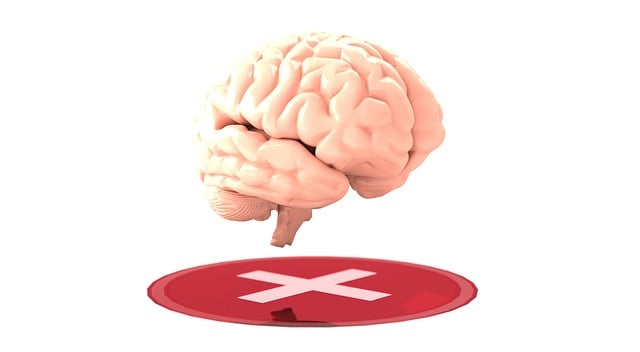Parker Post-Traumatic Stress Disorder (PTSD) therapy is an evidence-based approach designed to help individuals recover from emotional trauma, focusing on unique challenges, improving self-esteem, empathy building, and cultural sensitivity. Diagnosing PTSD accurately is complex due to subjective symptoms, cultural influences, co-occurring disorders, and adaptive coping strategies. Integrating evidence-based therapies like Parker PTSD therapy enhances diagnostic precision by exploring symptoms and fostering inner strength. Preventing healthcare provider burnout through self-care programs improves accuracy, benefiting patients and the healthcare system.
Mental illness diagnosis accuracy is a critical aspect of patient care, with implications for treatment outcomes and individual well-being. This article explores efforts to improve diagnostic precision, focusing on Parker Post-Traumatic Stress Disorder (PTSD) therapy as a case study. We delve into the challenges that affect diagnosis accuracy, from symptom ambiguity to cultural biases, and present comprehensive strategies to enhance this process. By understanding these factors, healthcare professionals can provide more effective care tailored to individual needs, especially in managing complex conditions like PTSD.
- Understanding Parker Post-Traumatic Stress Disorder (PTSD) Therapy: An Overview
- Challenges in Mental Illness Diagnosis: Factors Affecting Accuracy
- Strategies to Enhance Diagnosis Accuracy: A Comprehensive Approach
Understanding Parker Post-Traumatic Stress Disorder (PTSD) Therapy: An Overview

Parker Post-Traumatic Stress Disorder (PTSD) therapy focuses on helping individuals recover from the emotional trauma caused by distressing events. This form of therapy is designed to address the unique challenges faced by those diagnosed with PTSD, aiming to alleviate symptoms and restore a sense of control. The approach often involves a combination of evidence-based techniques tailored to the individual’s needs.
One key aspect of Parker PTSD therapy is self-esteem improvement. By fostering a supportive environment and encouraging active participation, therapists help clients challenge negative beliefs about themselves that may have developed as a result of the traumatic experience. Empathy building strategies play a vital role in this process, allowing individuals to feel understood and validated. Additionally, cultural sensitivity in mental healthcare practice is integrated into treatment, ensuring that therapeutic approaches are respectful and responsive to each client’s cultural background.
Challenges in Mental Illness Diagnosis: Factors Affecting Accuracy

Diagnosing mental illnesses accurately can be a complex task due to several interconnected factors. One significant challenge lies in the subjective nature of many symptoms, which often vary widely among individuals. For instance, what constitutes severe anxiety in one person might differ from another’s mild discomfort. This variability complicates the process, especially for less commonly diagnosed conditions like Parker Post-Traumatic Stress Disorder (PTSD). Healthcare professionals must carefully consider cultural influences and personal life experiences, as these can shape how individuals express their distress.
Moreover, co-occurring disorders are prevalent in many patients, further adding to the diagnostic complexity. The interplay of multiple mental health issues can mask symptoms or create confusing presentations, making accurate identification a formidable task. Self-care practices and emotional healing processes also play a role. Some individuals might adaptively cope with their conditions using certain strategies, which could temporarily alleviate symptoms but also make diagnosis more intricate. Boosting confidence in one’s ability to manage symptoms may be helpful, but it can sometimes interfere with the willingness to seek professional help, adding another layer of complexity to accurate diagnosis and treatment planning.
Strategies to Enhance Diagnosis Accuracy: A Comprehensive Approach

Improving mental illness diagnosis accuracy requires a multifaceted approach that leverages cutting-edge techniques and promotes a deeper understanding of patient experiences. One such strategy is integrating evidence-based therapies like Parker Post-Traumatic Stress Disorder (PTSD) Therapy, which has shown remarkable efficacy in enhancing diagnostic precision. This therapy not only delves into the symptoms but also focuses on fostering inner strength development and emotional intelligence, enabling healthcare providers to make more nuanced assessments.
Additionally, burnout prevention strategies for healthcare providers are essential components of this comprehensive approach. By implementing programs that promote self-care and enhance their emotional resilience, healthcare professionals can maintain higher levels of focus and attention during diagnostic processes. This, in turn, leads to reduced errors and improved accuracy, benefiting both patients and the healthcare system as a whole.
Mental illness diagnosis accuracy is a complex issue that can significantly impact patient care and outcomes. By understanding conditions like Parker Post-Traumatic Stress Disorder (PTSD) and its unique challenges, we can implement effective strategies to enhance diagnostic precision. Through comprehensive approaches that combine advanced therapies, improved assessment tools, and increased awareness, we strive for better diagnosis accuracy, enabling more effective treatment plans tailored to individual needs. This, in turn, paves the way for improved patient outcomes and a higher quality of life.














